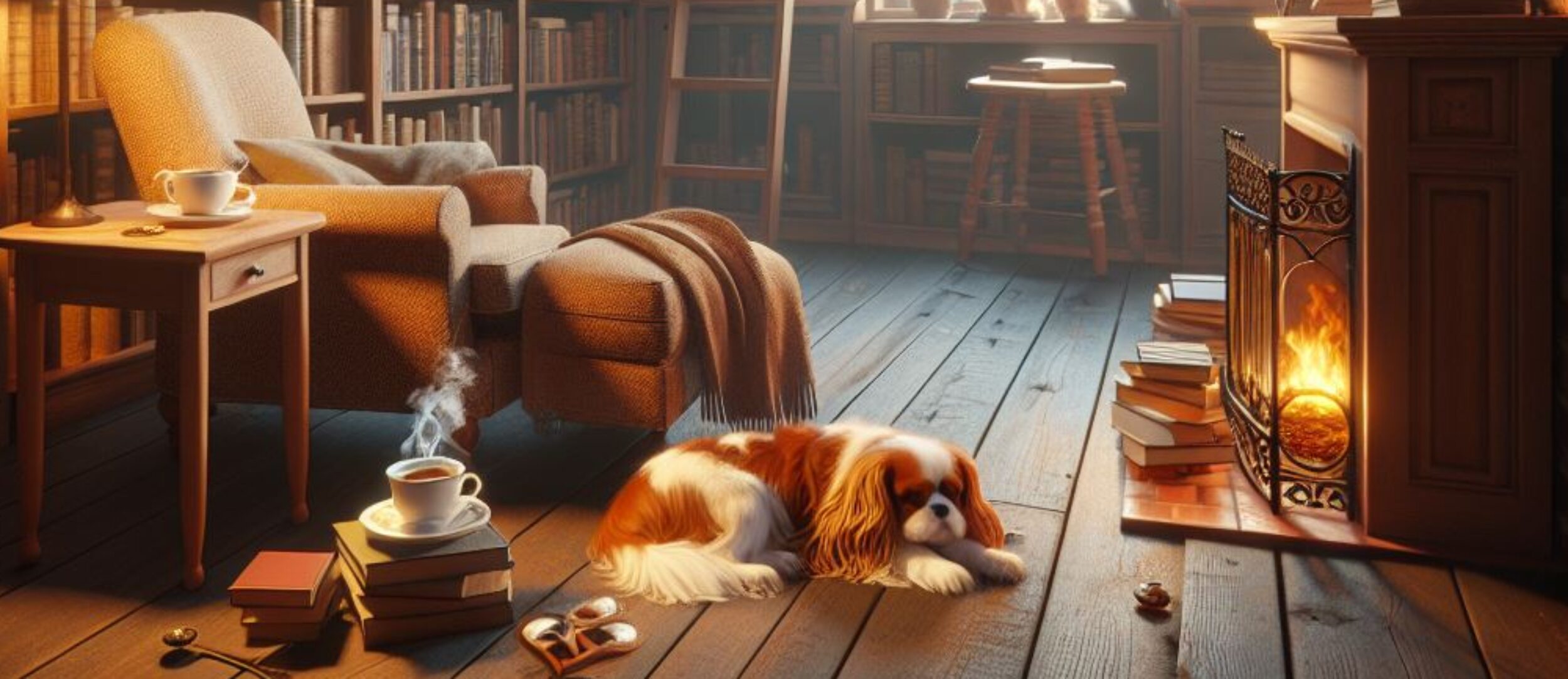In the 1960s, some folks from the south side of Chicago asked the police for increased local patrol. Their neighborhood suffered from severe poverty and was what sociologists refer to as “socially disorganized.” In short there was a paucity of hope and an absence of networking (the ideal environment for high crime rates). A handful of people who lived there and certainly could not afford to move elsewhere went to the police with a request for increased patrol. The police department was stretched thin as it was, trying to cover so large a city. Still, there were a few patrolmen who were moved by those residents and wanted to help them. A meeting was set up between those patrolmen and that handful of people who had asked for assistance. Out of their conversation emerged an idea – that the residents of that small neighborhood would work together as a kind of informal team of local observers, using the “See something, say something” philosophy. When something didn’t look right, they would phone one of their police contacts who would dispatch someone immediately. By 1972 that model (created by a tiny team of citizens and sheriff deputies in south Chicago) had become a national program called Neighborhood Watch.
In the early 1970s, at age twenty-nine, Millard Fuller was already a prominent attorney and self-made millionaire. That’s when he and his wife, Linda, decided to take their children and move into Koinonia Community, Clarence Jordan’s Christian village near Americus, Georgia. Koinonia was a hamlet where residents pledged to use their Christian faith in practical ways to help make life better for others (precisely what Jesus called His followers to do). The Fullers became involved in helping to construct low-cost housing for the poor. In time, they moved to Zaire and experimented with a housing model that included something called “sweat equity” (those who cannot afford to pay for a house physically help to construct it). In 1976, Millard and Linda, just one man and one woman with a dream, moved back to the U.S. and launched a program they called Habitat for Humanity. To this point, that organization has built over 70,000 new homes and helped rehab or repair another 100,000.
Quinn Caldwell (the Chaplain at Cornell University) tells of a man named John McConnell. McConnell was the son of a Pentecostal preacher who carried the lessons learned in his daddy’s little churches throughout his entire life. One was his dad’s interpretation of Psalm 115:16: “The heavens are the Lord’s heavens, but the earth (God) has given to human beings.” When Mr. McConnell saw “Earthrise” (the first picture of earth taken from space in 1968), he immediately thought that we are all citizens of one beautiful, tiny, blue spinning orb, and that Psalm 115 says the very same thing that Genesis chapter 1 says: This planet is a gift from God and is our responsibility to protect and care for. (In Genesis 1, the statement “I give you dominion over” translates from the Hebrew, “I give you stewardship for” – we are caretakers of God’s Creation.) That son of a Pentecostal preacher put his faith into action and convinced some people he knew to help him spread the word. So, in 1970 he and a handful of students on the campus of the University of Michigan observed the very first Earth Day. It is now celebrated annually from coast-to-coast because one man connected the dots between his faith and his environment and decided to do something.
There are numerous well known stories like those – stories of an individual or a small group of people who took a single step that turned into a creative and transformational movement. More importantly, perhaps, is the fact that there are far more unknown stories of anonymous people who took action and made a difference in their community, their neighborhood, their place of business, their church or synagogue, their civic club, their school, their favorite local charitable organization, or even their family. Maybe the step they took didn’t become a national or global phenomenon (like Neighborhood Watch, Habitat, or Earth Day), but it did have a positive impact in their corner of the world. Their town or neighborhood, their club or church became better, stronger, and healthier. I know a man who plays guitar and sings. Once a week he visits nursing centers and carries his gift of music to people who suffer with physical incapacities and emotional loneliness. They feel better during the time he is there. They hurt less. They smile more. He will never receive national recognition for what he does, but his unheralded contributions make a difference. He makes the world a little better for people who feel it has passed them by.
I guess the question is simply: What gifts do you and I possess that, if put to use, can make life better for others? Because if we are not doing that, whatever else we possess or accomplish, our lives lack meaning. So, what dreams or passions burn within us? What difference would we like to make? Who would we love to help? As the old adage puts it: “No one can do everything, but everyone can do something.” What’s your something? Take the first step, even if it’s in the darkness of doubt or uncertainty. You never know when that one step may usher you and others into the beauty of light. You can do something.

I love the way you explain things, it’s very clear.